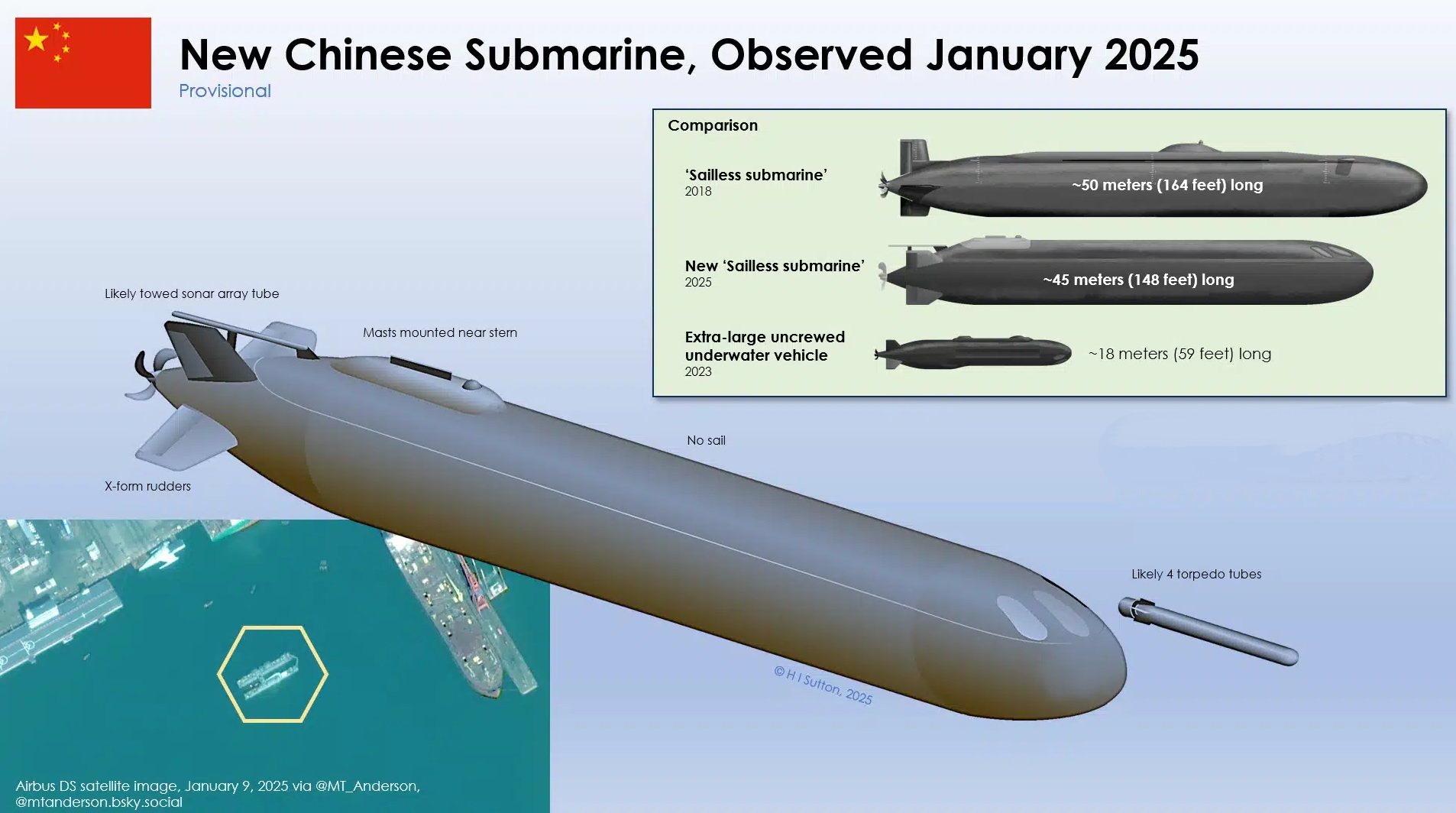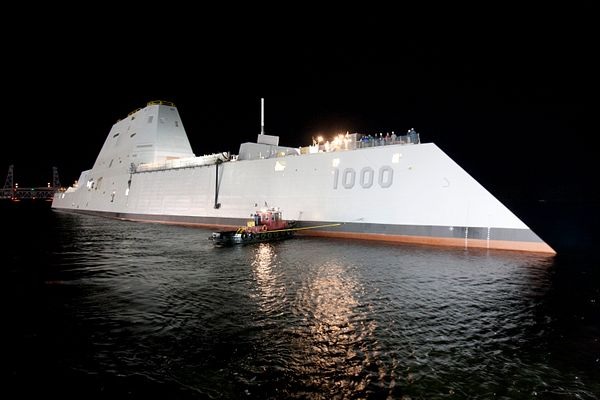US Clears Path for GE Military Jet Engine Production in India, Strengthening Defense Partnership

India ,U.S
The Biden administration is nearing an agreement with India for General Electric Co to produce military jet engines in India, bolstering bilateral military-industrial ties and enhancing India's defense capabilities in the region. This landmark deal, expected to be unveiled during President Biden's meeting with Prime Minister Modi, signifies a significant step towards deeper collaboration in defense manufacturing between the two nations.
In a significant move signaling closer ties between the United States and India, the Biden administration is on the brink of approving a groundbreaking agreement for General Electric Co to initiate the production of military jet engines in India. This development, anticipated to be formally announced during President Joe Biden’s upcoming meeting with Indian Prime Minister Narendra Modi on June 22, marks a notable step forward in bilateral military-industrial cooperation.
Sources familiar with the ongoing discussions, who preferred to remain anonymous due to the sensitivity of the negotiations, revealed that while the agreement is not yet finalized, it would require notification to the U.S. Congress, a procedural requirement for such international defense collaborations.
The proposed deal involves the joint production of jet engines, primarily intended for India’s second-generation light combat aircraft, among other platforms. India’s state-owned Hindustan Aeronautics Ltd (HAL) has expressed intentions to utilize GE-manufactured 414 engines for these aircraft and is currently in talks for domestic production capabilities.
This partnership not only aims to strengthen India’s aviation sector but also positions HAL as a licensed manufacturer, potentially enabling technology transfer from GE. India has been advocating for increased technology sharing, underscoring its commitment to enhancing self-reliance in defense manufacturing. With plans to produce over 350 fighter jets for its air force and navy in the next two decades, the need for a consistent and indigenous engine supply is paramount.
However, beyond the scope of engine production, this agreement is part of a broader joint initiative launched earlier this year to foster collaboration between U.S. and Indian firms, particularly in the realm of military equipment and advanced technology.
Against the backdrop of India’s drive for domestic engine production, it is noteworthy to consider the regional context. While this deal unfolds, Pakistan, India’s regional rival, has been making progress with its JF-17 Thunder Block-III fighter jets, securing export orders and defense agreements with countries such as Iraq.
In conclusion, the impending agreement between the Biden administration and India for military jet engine production signifies a significant milestone in bilateral relations, underlining the growing strategic partnership between the two nations. As both countries continue to pursue their defense objectives, such collaborations are poised to shape the regional military landscape in the years to come.



